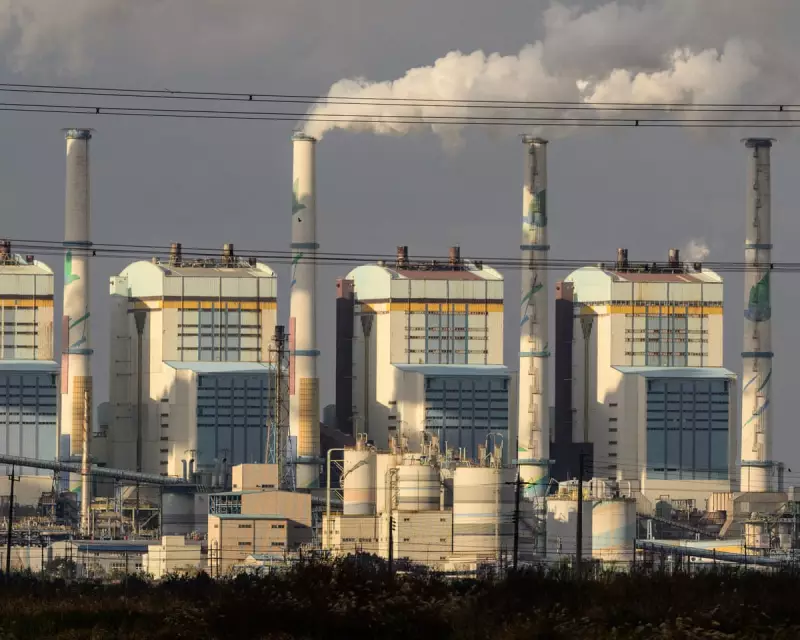
In a dramatic escalation at the Cop30 climate summit in Brazil, at least 29 countries have threatened to block any final agreement that fails to include a concrete roadmap for phasing out fossil fuels.
Red Line Drawn on Fossil Fuels
The simmering tensions reached boiling point on Thursday night when a coalition of nations signed a strongly worded letter addressed to the Brazilian Cop presidency. The leaked document, seen by The Guardian, demands that a transition roadmap be included in the summit's final outcome as an absolute "red line" for their support.
Countries including Austria, Belgium, France, Germany, the United Kingdom, and several island nations declared they "cannot support an outcome that does not include a roadmap for implementing a just, orderly, and equitable transition away from fossil fuels." The letter emphasised that this expectation is shared by a vast majority of parties and aligns with scientific consensus.
Brazil's Controversial Position
The Guardian understands that Brazil, hosting the crucial talks in Belem, had been planning to drop the potential resolution for a fossil fuel transition roadmap. This move came amid significant opposition from petro-states including Saudi Arabia and Russia, alongside major fossil fuel consumers like India and China.
The controversy deepened when some opposing countries threatened to walk out of negotiations entirely on Thursday. The situation became more chaotic when a fire broke out in part of the conference centre near delegation offices, forcing talks to be suspended for more than six hours. Fortunately, no injuries were reported despite some damage to the venue.
Building on Previous Commitments
The current standoff follows the historic decision made at Cop28 in Dubai in 2023, where countries first pledged to "transition away from fossil fuels." However, that agreement failed to establish any timeline or concrete measures for achieving this goal.
Since that commitment, some nations - particularly Saudi Arabia - have attempted to backtrack. An effort to reconfirm the commitment failed during Cop29 talks in Azerbaijan in 2024 due to continued opposition.
This year, pro-phase-out countries adopted a different strategy, proposing a forum where all nations could participate in discussions about a potential transition roadmap. This approach wouldn't force countries to accept firm deadlines but would allow them to choose their own policies and pathways. The roadmap development would extend beyond Cop30, requiring at least a year or more of work at future climate summits.
More than 80 countries joined this initiative, holding a press conference on Tuesday to announce their plans. However, this proved unacceptable to the opposition group known as the "like-minded developing countries," which includes China, India, Saudi Arabia, Egypt, Iran, and Bolivia.
The signatories to the letter supporting the fossil fuel phase-out include: Austria, Belgium, Chile, Colombia, Costa Rica, Croatia, Czechia, Estonia, Finland, France, Germany, Guatemala, Honduras, Iceland, Ireland, Liechtenstein, Luxembourg, the Marshall Islands, México, Monaco, the Netherlands, Panamá, Palau, Slovenia, Spain, Sweden, Switzerland, the United Kingdom and Vanuatu.
As the fortnight of talks in Belem approaches its scheduled Friday evening conclusion - likely to extend into the weekend due to delays - the fossil fuel dispute dominates negotiations. Other critical issues remain unresolved, including inadequate national climate plans to limit global heating to 1.5C, finance for developing countries, trade, transparency, and adaptation funding for climate-vulnerable nations.





